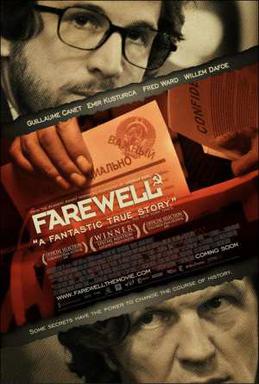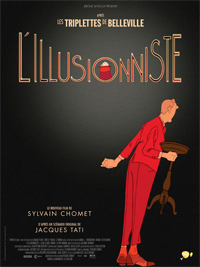
Those people who advised about going to see films without expectation or even choosing were right – this was not one I’d have chosen, and I think it’s my favourite of the five I’ve seen so far. We inherited tickets from my parents, who found late that they couldn’t go.
There’s not much film to sum up. US documentarian Frederick Wiseman takes his cameras inside the highly-respected Paris Opera Ballet, mostly into rehearsal rooms but also into administration offices, costume-workshops, and the rounds of the maintenance men. As the film goes on we see some of the actual performances, seven ballets in total from the traditional pleasures of the Nutcracker to a bunch of others I’d never seen before. It’s long, two-and-half hours, with extended sequences of nothing but dancers dancing and choreographers feeding back to them.
It was riveting.
I should clarify that I’m not a ballet aficionado in the slightest – I’ve seen, hmm, three ballet performances in my entire life, including last year’s Peter Pan. It’s a medium towards which I’ve never been drawn. That hasn’t stopped a strong thread of awe at what dancers do, and what they represent – the power and potential of movement alone, movement performed and experienced, and the many layers of communication that entails. Perhaps one of the reasons it isn’t my medium is because I’m so caught up with words, whereas dance is almost the opposite of words – one point in the film almost made me laugh as it addressed this so precisely, where a choreographer advised a dancer, as they talked through what the character might be thinking, “don’t put words to the movements or you’ll kill it”. And he was obviously right. Dance is a parallel track and its rules are different but no less potent for that.
This film, I felt, spoke to me very clearly about the creative process and creative expression, particularly shared and collaborative creativity. I was humbled by the sheer amount of work the dancers put into their craft, and pleased by their obvious joy in what they were doing. And as the film approached its end, and we started to see the ballets in performance, I found myself utterly caught up in the full realization of all that masterful development. Once or twice I might have forgotten to breathe.
I don’t want to oversell this film – as much as I loved it, I don’t know that I’d recommend it without caveats. It resonated with me personally, but I don’t know how another random person might take it. I don’t know that I’d watch it again, either. I think, if it sounds interesting to you, you’d probably enjoy it.
But yes, for me, this has been the highlight of my festival selection.




